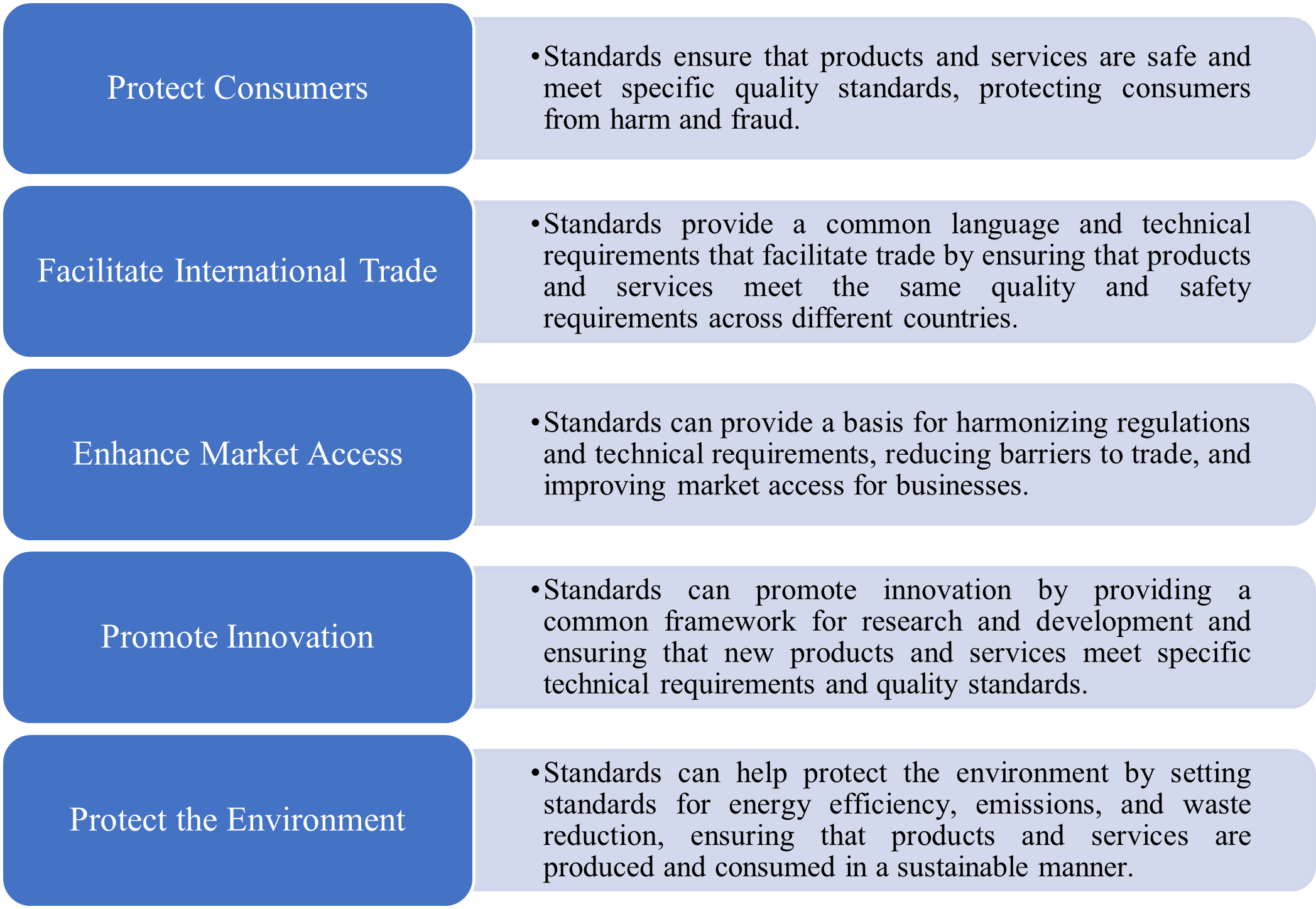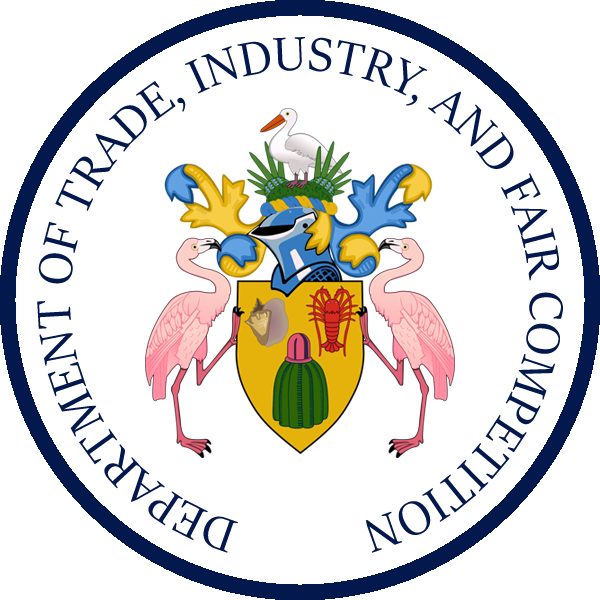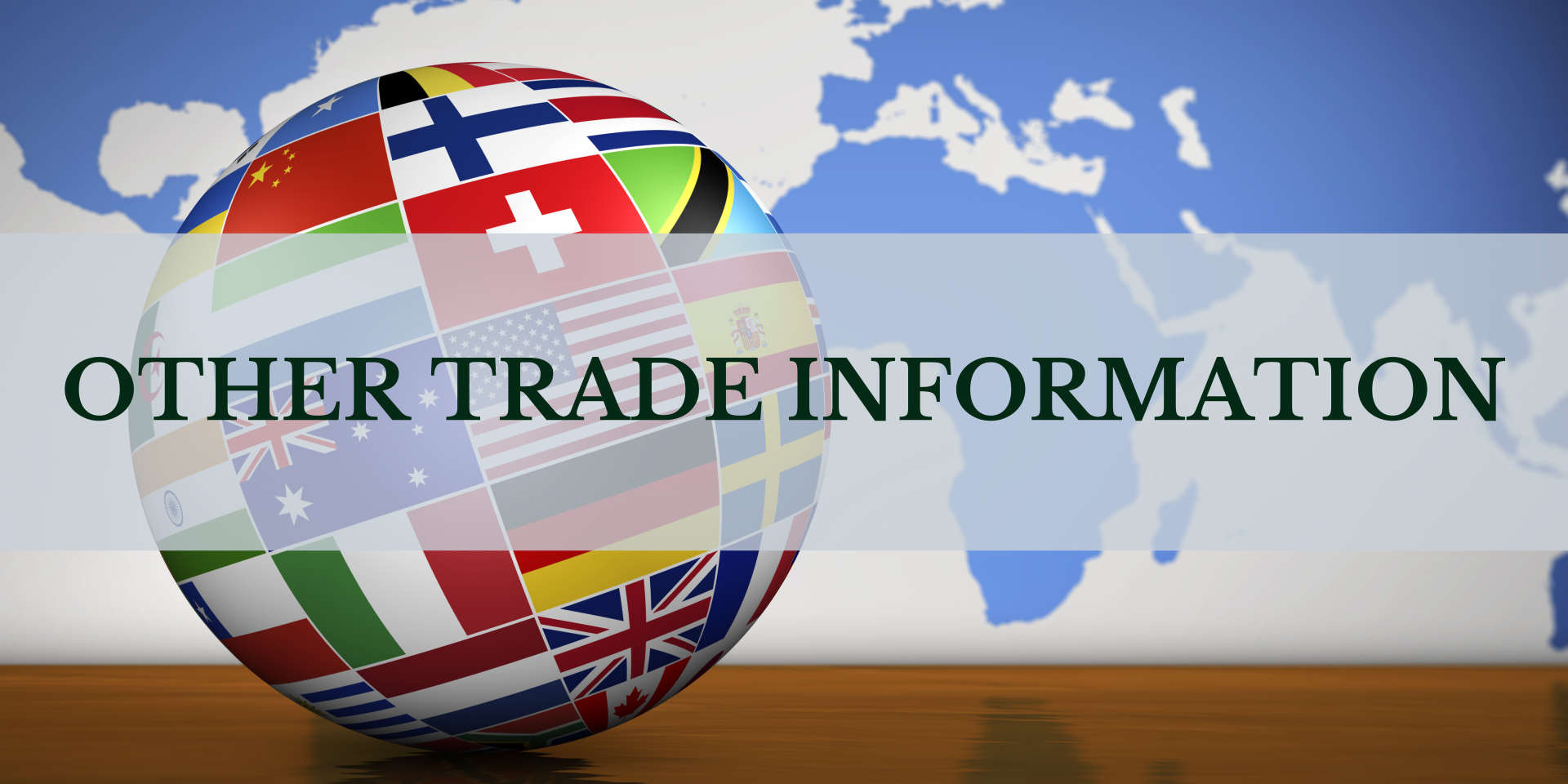Other Trade Information Guide
Accessing the International Market
Are you thinking about taking your business overseas? Expanding your business to international markets can bring advantages such as increased revenue by tapping into new customer bases, diversification by spreading risks across different geographies, economies of scale through larger production volumes, access to new resources, gaining a competitive advantage, and increasing brand recognition. However, a company should ensure that it has a solid financial foundation in its domestic market before expanding to the international market to reduce risks and increase the likelihood of success. By being profitable in the domestic market first, a company can demonstrate its ability to successfully operate and grow a business, which can give it a better chance of success in international markets. It also allows the company to reinvest profits into the business, build up its resources, and develop a strong brand reputation, which can help it expand into new markets with confidence.
Market Access Conditions
Are you thinking about taking your business overseas? Expanding your business to international markets can bring advantages such as increased revenue by tapping into new customer bases, diversification by spreading risks across different geographies, economies of scale through larger production volumes, access to new resources, gaining a competitive advantage, and increasing brand recognition. However, a company should ensure that it has a solid financial foundation in its domestic market before expanding to the international market to reduce risks and increase the likelihood of success. By being profitable in the domestic market first, a company can demonstrate its ability to successfully operate and grow a business, which can give it a better chance of success in international markets. It also allows the company to reinvest profits into the business, build up its resources, and develop a strong brand reputation, which can help it expand into new markets with confidence.
Financing for Expansion
Financing is crucial for business expansion as it provides capital for investing in new opportunities, hiring employees, and purchasing resources. Inadequate financing can limit a business's ability to grow, compete with others, and achieve long-term goals.
FINANCIAL SUPPORT
The Micro Small and Medium Enterprise (MSME) program, which is administered by Invest Turks and Caicos with the support of the Ministry of Finance, Investment, and Trade, was launched in April 2016. The program operates under the MSME Development Ordinance 2015 and offers Concession Orders to eligible locally owned businesses in priority sectors. Depending on the size of the business, the Concession Orders provide access to benefits such as Cash Grants, Customs Duty Reduction, and/or Technical Assistance. To find out if your business qualifies for the program, visit www.investturksandcaicos.tc
Key Consideration Before Entering the Global Market
| Conduct market research | Research potential markets to identify opportunities and risks. Consider factors such as the political climate, legal requirements, cultural norms, and consumer behavior. |
| Develop a global strategy | Develop a global strategy that aligns with your business goals and target markets. This includes identifying potential partners, distributors, and suppliers. |
| Ensure legal compliance | Ensure that your business is compliant with all legal requirements, including export regulations and international trade agreements. |
| Develop a strong brand | Develop a strong brand that resonates with international customers. This includes creating a website, marketing materials, and packaging that are culturally appropriate and relevant. |
| Establish partnerships | Identify potential partners, distributors, and suppliers in the target markets. This can help you establish a foothold in the market and overcome language and cultural barriers. |
| Determine pricing and logistics | Determine pricing and logistics for international shipping, including import/export taxes, customs duties, and shipping fees |
| Protect intellectual property | Protect your intellectual property by registering trademarks, patents, and copyrights in the target markets. |
| Adapt to cultural differences | Adapt your products or services to meet the cultural preferences of the target markets. This may include modifying packaging, colors, and flavors. |
| Hire staff or consultants | Consider hiring staff or consultants who are familiar with the target markets and can help you navigate cultural differences, regulations, and logistics. |
| Manage risks | Develop a risk management plan to mitigate potential risks, including political instability, currency fluctuations, and supply chain disruptions. |
The Importance of Standards
Sanitary and Phytosanitary Measures (SPS), which govern the implementation of regulations concerning food safety and animal and plant health, became effective on January 1, 1995, coinciding with the establishment of the World Trade Organization. The agreement outlines fundamental principles for establishing standards in these areas. While allowing countries to establish their own standards, the SPS Agreement emphasizes the need for regulations to be grounded in scientific evidence and applied only as necessary to safeguard human, animal, or plant life or health. Additionally, it discourages discriminatory regulations that treat countries with similar conditions differently or are without justification. SPS measures in the Turks and Caicos are regulated by the Department of Agriculture.
Standards play an essential role in international trade by ensuring that products and services meet specific quality, safety, and environmental standards. Here are some key reasons why standards are crucial in trade:

Existing Trade Agreements
Learn more about how the individuals and companies in the Turks and Caicos Islands can benefit from preferential access under the United Kingdom-Overseas Territories (UK-OT) Trading Arrangement and the Caribbean Canada Trade Agreement (CARIBCAN).
Trade agreements offer countries several benefits, including increased market access, economic growth, consumer benefits and regional integration and cooperation. These agreements reduce or eliminate trade barriers, promote international trade and investment, foster innovation and create opportunities for job creation and higher standards of living. Currently, the Turks and Caicos benefits from two non-reciprocal trade agreements.
Caribbean - Canada Trade Agreement
The Turks and Caicos enjoys a preferential tariff of 0% on exported goods to Canada, except those mentioned above. Preferential tariffs are lower or even zero tariffs applied to goods traded between countries that have a trade agreement. By understanding these preferential tariffs, businesses can identify cost-savings opportunities by importing or exporting goods at reduced tariff rates. This can help them remain competitive, lower production costs, and improve profit margins.
The Department of Trade has prepared an exporter guide on how to access preferences under the CARIBCAN Agreement. Click here to view the guide.
For a clearer understanding of the tariff rate applicable under the CARIBCAN agreement on specific goods, explore the Canada tariff schedule by visiting www.cbsa-asfc.gc.ca
United Kingdom - Overseas Territories (UK-OT) Trading Arrangement
Like Canada, the Turks and Caicos also enjoys a preferential duty-free preferences on goods exported goods to the UK.
The Department of Trade has prepared an exporter guide on how to access preferences under the UK-OT Agreement. Click here to view the guide.
For a clearer understanding of the tariff rate applicable under the UK-OT agreement on specific goods, explore the UK tariff schedule by visiting www.trade-tariff.service.gov.uk.

